When Should I Get My Septic Tank Inspected?
If your home runs on a septic tank, you must follow careful septic maintenance routines. Not only is a malfunctioning septic system expensive to repair, but it can also cause health risks to your family and your community. Keep reading to learn more about septic tank maintenance and how often to have inspections performed.
Routine Inspections
According to the EPA, it's recommended that you have a septic system inspection scheduled for every one to three years depending on the size of your household. The construction of septic systems is determined by the planned occupancy of a home, which, in turn, is based on the number of legal bedrooms within the home. Keep up-to-date with inspections to create a safer environment in your home.
Licensed Professionals
You need to be aware that septic tank inspections do not fall under DIY projects. Not only is it a bad idea, but it might also be against the law in your area to attempt to perform your own home septic tank inspections, cleanings, or repairs. Septic tanks are regulated by the community health department. The health department is required by law to oversee septic tank professionals according to local laws and ordinances. You need to connect with local septic tank cleaners to get professional inspections performed.
Inspection Process
During the inspection, septic professionals will examine the tank, which includes the distribution box and the leach field. To do this, the lid of the tank is often removed so that water levels can be properly measured. Water levels will indicate if the wastewater flows properly into the leach fields. The inspection will also check for leaks within the tank. The amount of tank sludge will also be measured to determine if pumping is required.
Following Inspection
During the inspection, septic tank cleaners will determine if pumping is required. Pumping is needed every few years. Ideally, inspections and pumping should be on the same schedule, but there are instances where an inspection reveals that pumping is not immediately required. When pumping is necessary, it's often due to the accumulation of sludge in the tank reaching a level where there's a risk of blocking pipes. Sludge is the solid waste collected in a tank that has not been broken down through organic processes yet.
Now you know more about septic tank inspections. If you're looking for professional
septic tank cleaners in your area, don't hesitate to get in touch with Vogler Brothers Inc today. With 94 years of experience, we are happy to fix your septic tank issues quickly and efficiently.
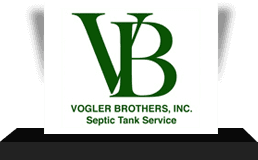
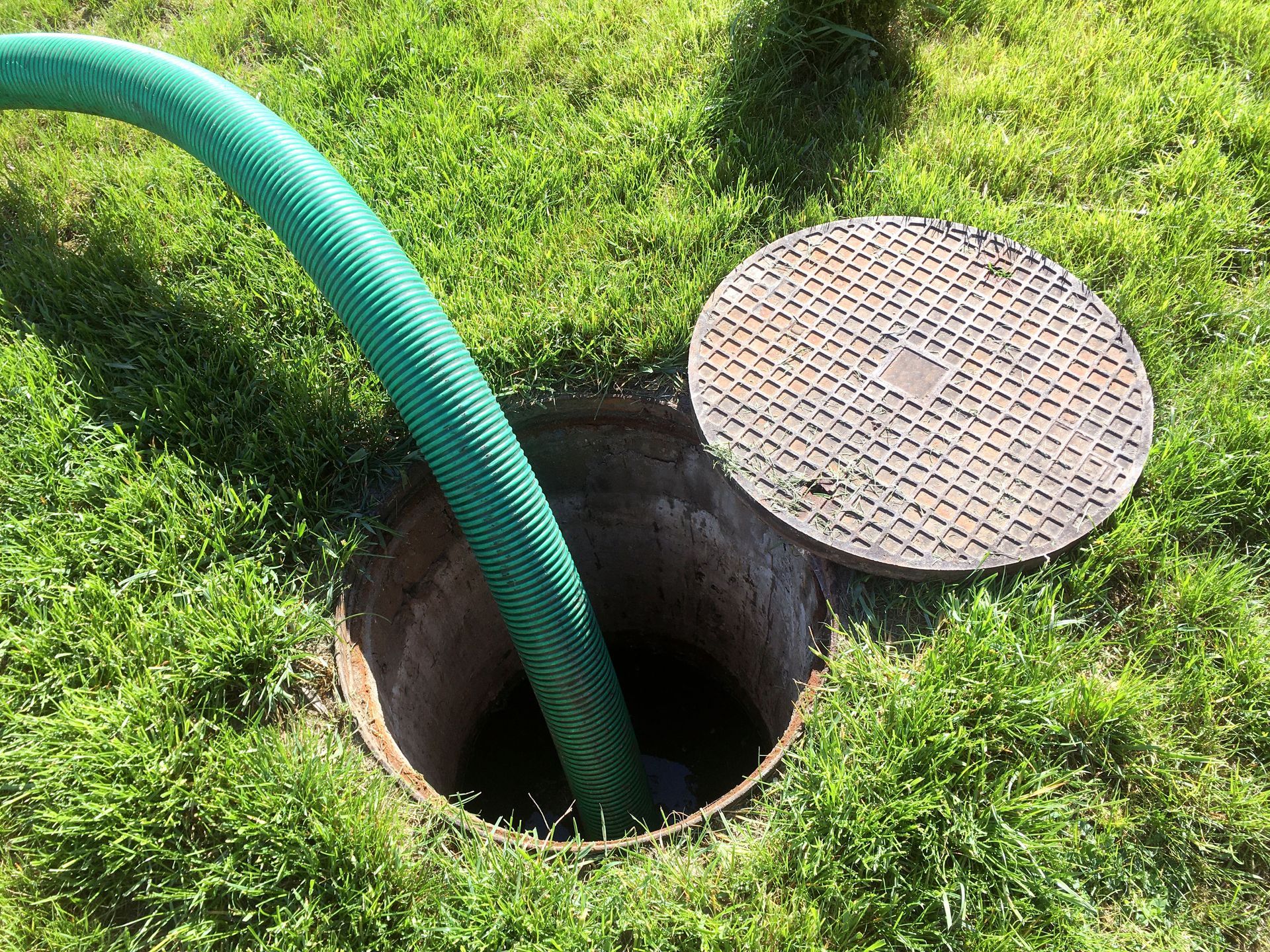
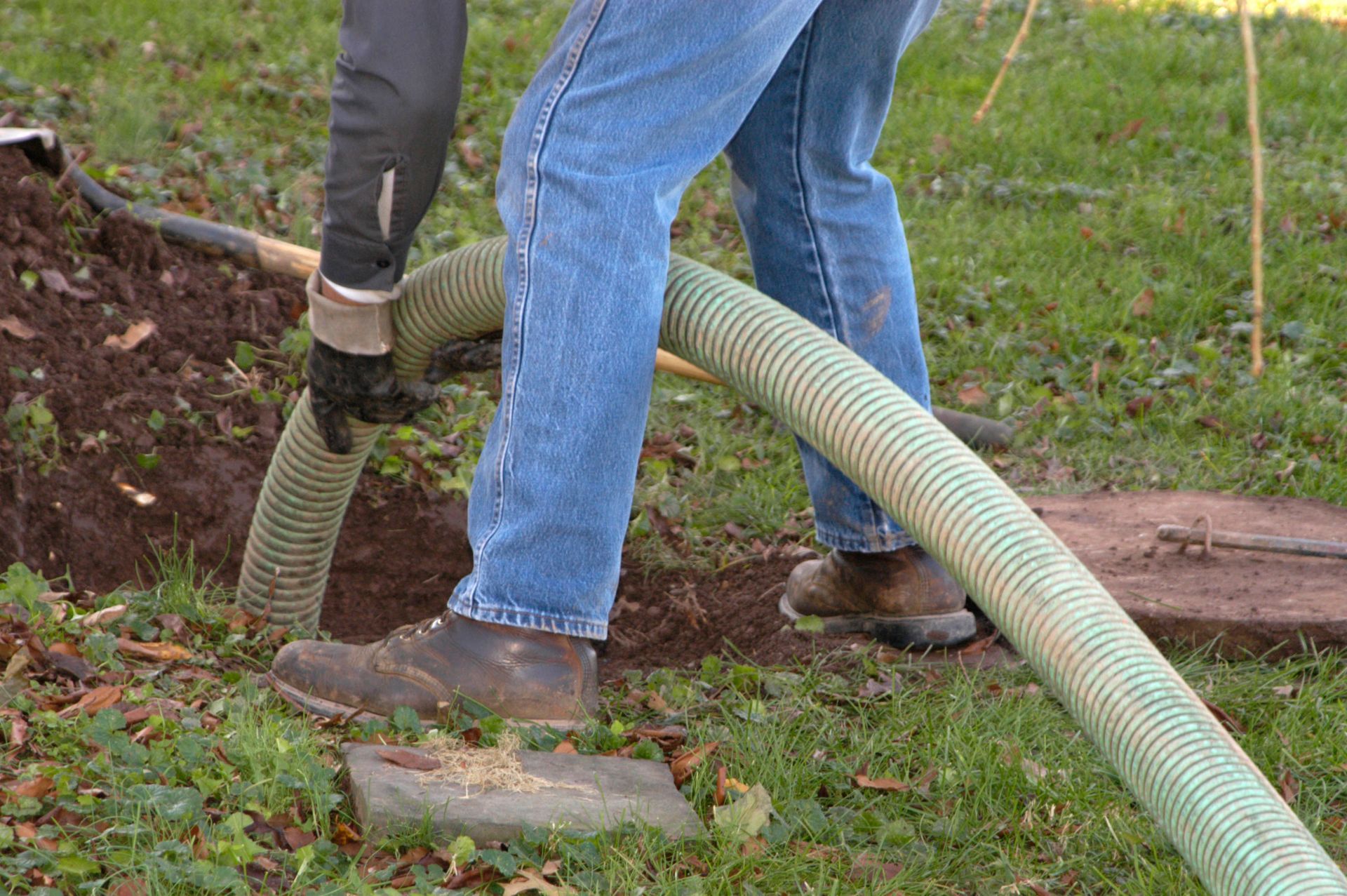
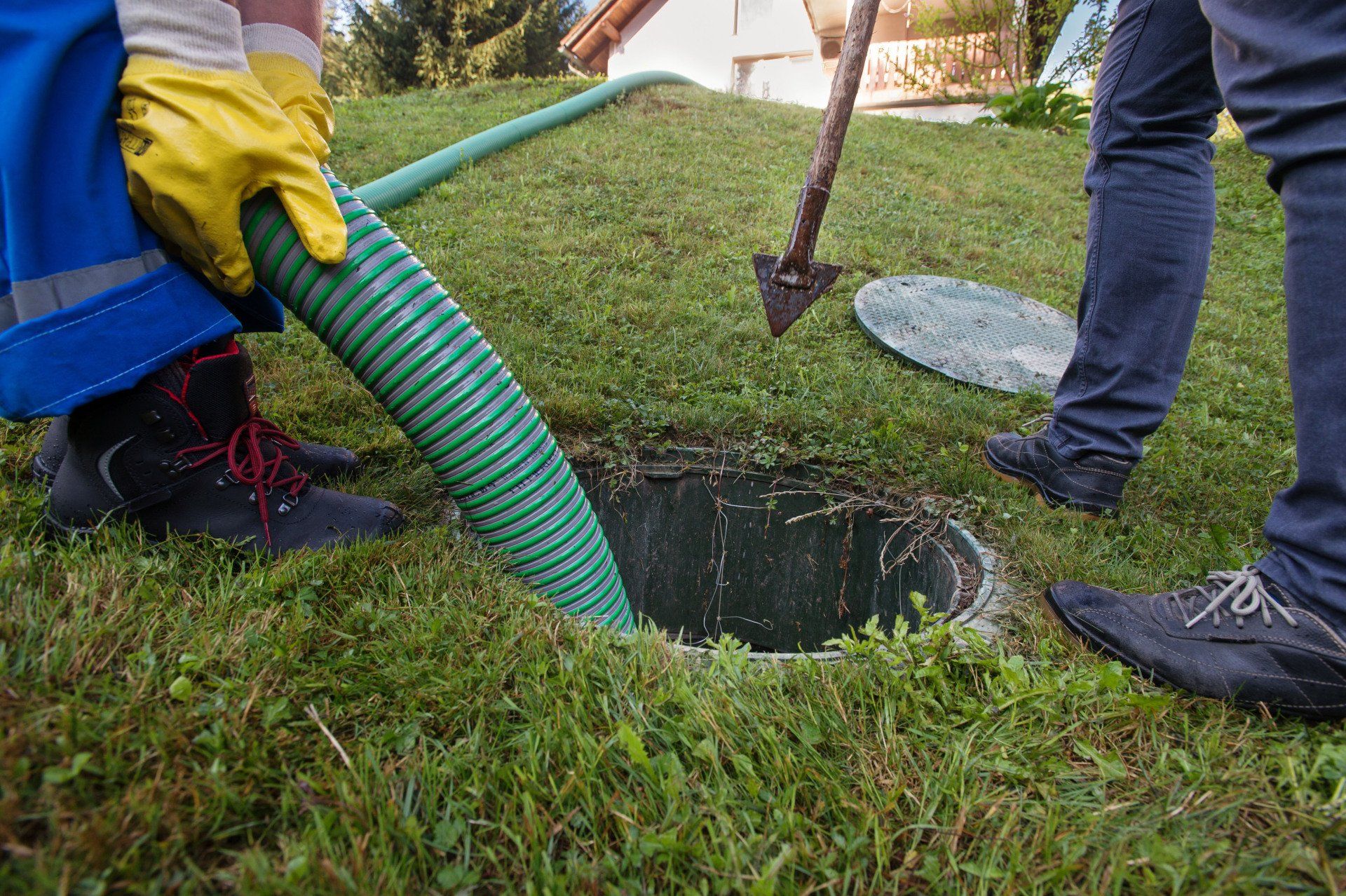
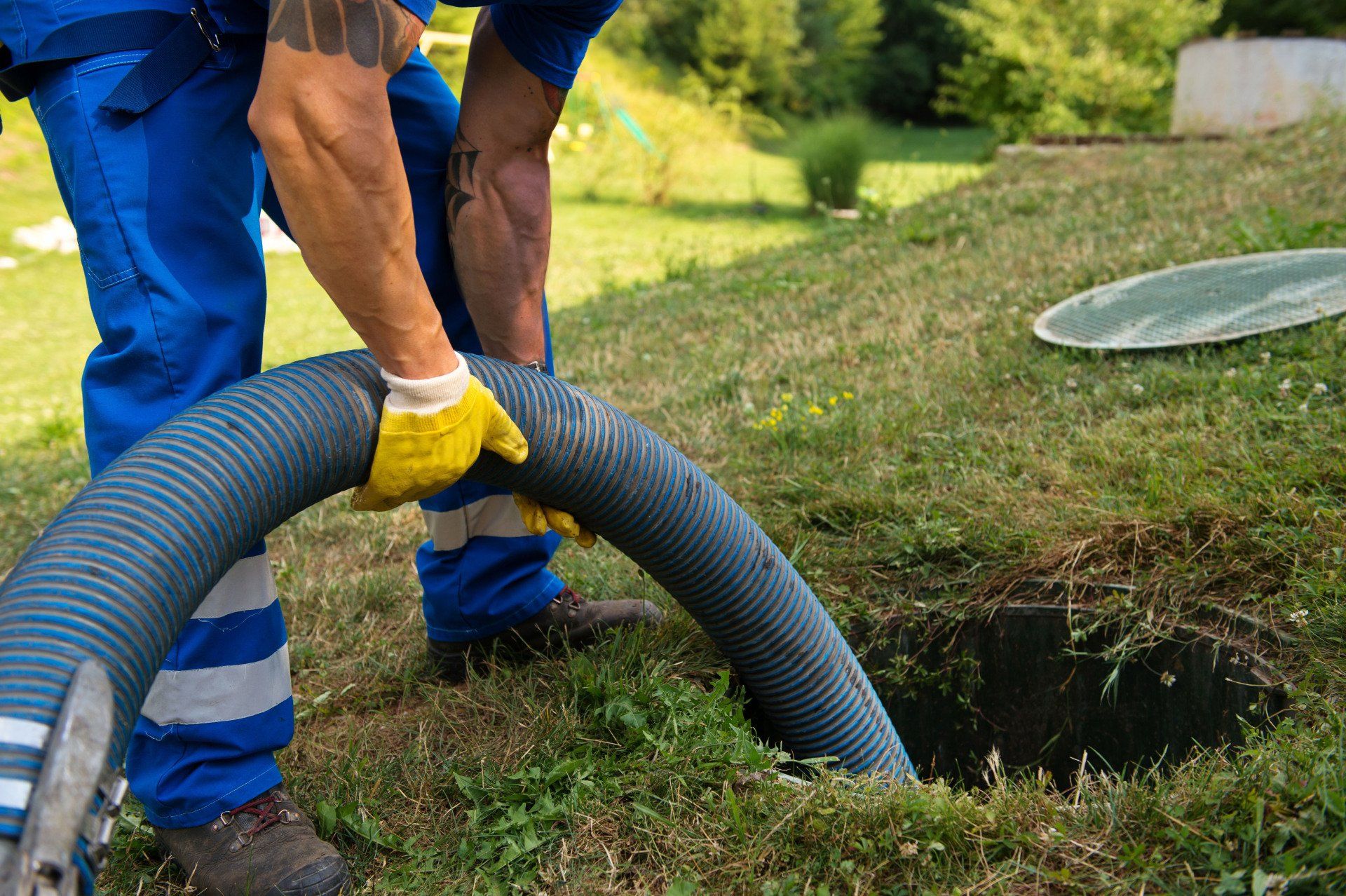
Share On: